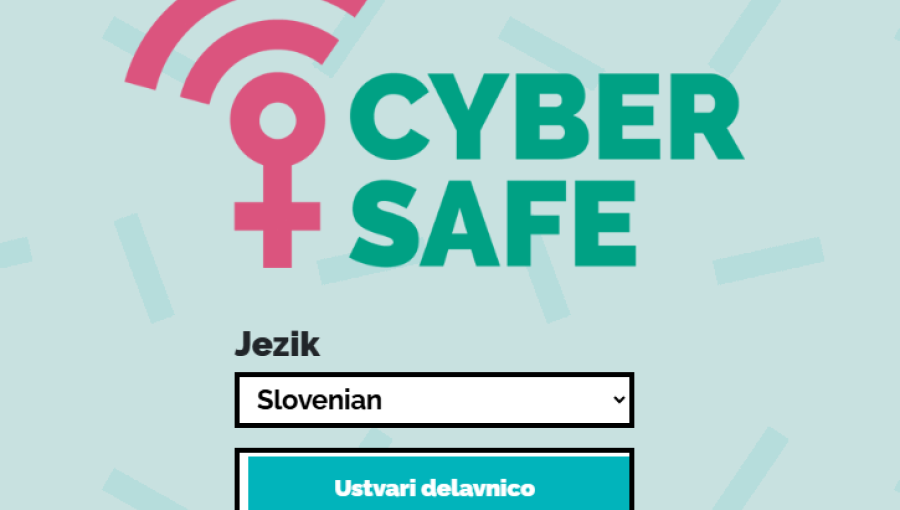Serious Game Reduces Victim Blaming and Encourages Reporting of Cyber Violence

Omar Ramadan/Pexels
Date of publication:
A study conducted by the Faculty of Social Sciences at the University of Ljubljana has shown that serious games can play a significant role in preventing cyber violence. Young people who participated in the educational program were less likely to blame victims after the workshops and became more aware of the importance of reporting cyber violence. However, the results also indicate that many young people lack knowledge on how and where to report such incidents.
The study, conducted as part of the Cybersafe project, involved 959 adolescents aged 13 to 16. Researchers developed four serious game scenarios and used them in four workshops to introduce young participants to different forms of cyber violence against girls and women. By the end of the program, participants had a better understanding that victims are not to blame and that cyber violence should be reported.
What is Serious Game?
A serious game is a game designed not just for entertainment but with an additional purpose, such as education, training, awareness-raising, or solving real-world problems. It incorporates gamification and interactive elements to help users learn or develop specific skills in an engaging way.
How Does the Serious Game Work?
The program focused on three key topics:
- Non-consensual sharing of intimate images,
- Online harassment,
- Cyberbullying.
It was based on Balms’s Behavior Change Model (2002), which identifies three stages of behavioral change:
- Understanding the problem (recognizing cyber violence, its consequences, and rejecting victim blaming),
- Readiness for change (raising awareness and willingness to act differently),
- Acquiring skills for action (understanding how to identify cyber violence and respond appropriately).
Researchers monitored behavioral changes before the workshop, immediately after, and three weeks later to assess the long-term impact of the intervention. While the study focused on short-term effects, the results suggest that serious games can be an effective tool for educating and raising awareness among young people about cyber violence.
Cyber Violence Is on the Rise, but Schools Lack Effective Strategies
Cyber violence is an escalating issue in today’s digital society, where young people spend a significant portion of their social lives online. Schools worldwide are witnessing a rise in cyber violence cases, yet they often lack both the necessary knowledge and effective strategies to address the issue.
The Cybersafe project, involving partners from Italy, the Netherlands, the United Kingdom, Denmark, Greece, Austria, and Estonia, aims to bridge this gap through innovative educational approaches.
Article: Brečko, B.N., Plaskan, J. & Davidovi, G. Impact Assessment of an Educational Intervention Programme Using a Serious Game on Cyberviolence against Women and Girls. Int Journal of Bullying Prevention (2024). https://doi.org/10.1007/s42380-024-00276-z



